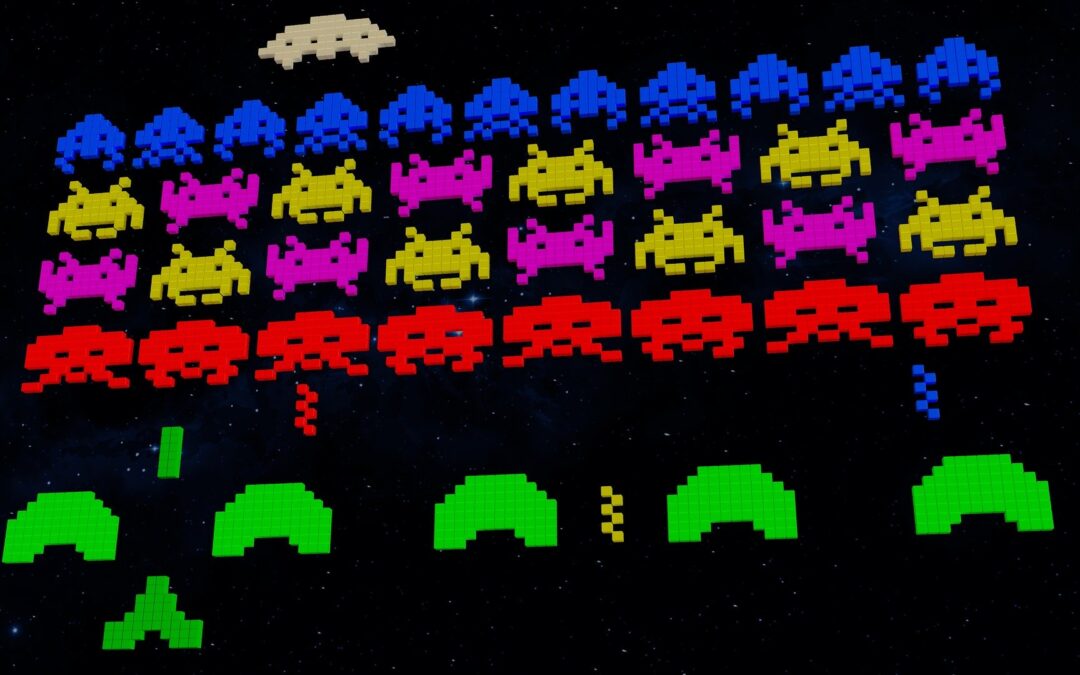Gamification is defined as the application of traditional game elements and strategies – such as competition, point scoring, and rules of play – to other, real-world areas and situations. It has frequently been used in online marketing, to prompt engagement with a company’s products or services, but has also been touted as being particularly effective in business development.
So many people have turned to gaming during the pandemic as a way to pass the time. Gaming appeals to people of all age groups, genders, and backgrounds. Incorporating gaming strategy in a Human Resources setting helps companies score big by tapping into the competitive nature of human beings, and our intrinsic desire to achieve.
HR gamification has been proven to stave off employee disengagement. Introducing features such as leaderboards and/or point systems can make routine and meticulous assignments more appealing, boosting productivity exponentially, and even cutting down on the man hours required to complete such tasks. Studies have also shown that gamification can assist in the long-term retention of information. This may be effective with critical training that would otherwise be met with indifference, or outright ignored.
Gamification does not necessarily have to entail costly software applications or development, either. By now, most people have heard of – if not experienced firsthand – an escape room. This popular recreation places a small group in a locked room before a countdown begins, and the party must decode a series of hidden clues to move on to subsequent rooms and ultimately win the game. Outings like these can be a phenomenal way to build morale between your team members, while helping to hone essential problem-solving skills.
HR gamification also provides recruiters with new opportunities to gauge a prospect’s skills prior to their hiring, and then uses those same tools as a means of training and onboarding. An oft-mentioned example is the Marriott corporation’s development of an online simulation game that allowed candidates to assume the role of a hotel owner, and everything that entails, from top to bottom. By doing so, the company could pre-screen candidates for applicable skills, from customer service to collaboration to the ability to remain cool under pressure. With an investment of time and effort,
HR gamification can work wonders for your company, too. Consider the following suggestions when establishing your plan.
- Make HR gamification part of the hiring process. Reward prospects with recognition and perks at each “stage” of hiring – from the application process to the first day on the job. This not only helps to attract eager and qualified candidates from the jump, but ultimately makes onboarding more efficient – and enjoyable.
- Boost engagement and retain employees: Avoid turnover and improve your corporate culture by using gamification platforms – leader boards, etc. – to keep track of collaboration between departments and volunteer efforts in company programs. These tools can prove invaluable when it comes time for raises and promotions.
- Promote training opportunities: No one enjoys routine training programs, but HR training including diversity and harassment, are critical to ensure a safe and secure workplace. Motivate employees to take part by incorporating a gamification element, allowing participants to earn rewards for completing tasks – or “missions.”
Maslow Media Group can serve as your outsourced HR department, allowing you to free up in-house resources and get your game-face on. Our team specializes in recruiting, payroll, benefits, insurance, and so many other daily details. Contact us today to find out more.



